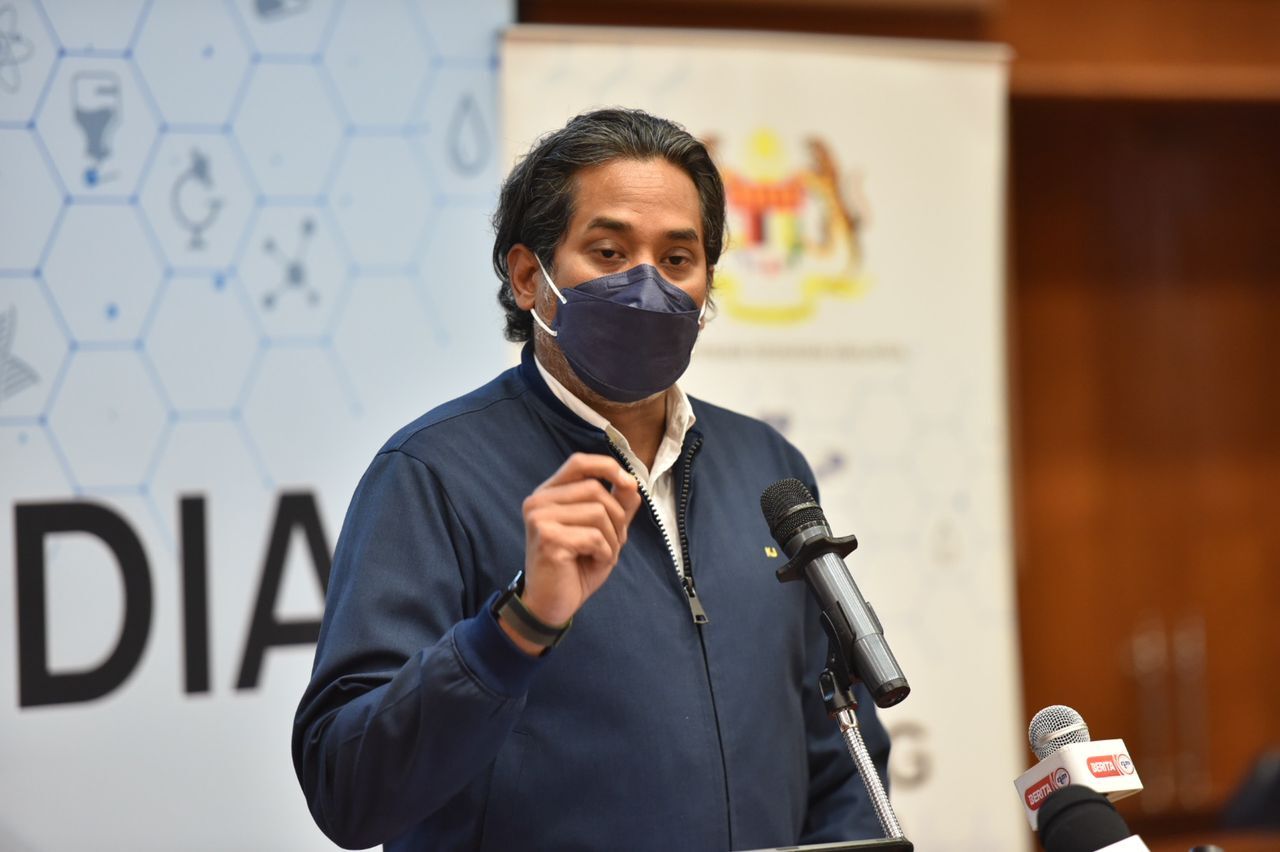KUALA LUMPUR, March 15 – Health Minister Khairy Jamaluddin said today he expected to table a White Paper on health care reforms in Parliament in November this year.
The White Paper aims to strengthen the national health care system as a whole and to provide equitable, high-quality, sustainable and easily accessible health services at an affordable cost, even as Khairy acknowledged “chronic underinvestment” in the public health care system.
“These strengthening efforts are important to meet the health needs of the people in line with Malaysia’s current status as an upper middle-income country and for the future,” Khairy told Bukit Bendera MP Wong Hon Wai in the Dewan Rakyat during Question Time today.
“All these efforts will involve a whole-of-government and whole-of-society approach to mobilise the actions of various parties in ensuring better health for the people.”
Khairy said that this initiative would pave the way to commence discussion with people and stakeholders, focusing on the country’s health system that needs sustainable improvement.
“This White Paper is an official government document that will outline the current status, gaps and constraints faced. The document will also propose solutions in phases in terms of service delivery reform, financing, governance, and organisation spanning a period of 15 years.”
Khairy highlighted that results and recommendations from various previous studies on Malaysia’s health system would be incorporated into the proposed White Paper, besides including the views of stakeholders through engagement sessions.
“As an upper middle-income country, Malaysia’s investment in health has been less than optimum every year. There’s chronic under-investment in the public health care system.”
He cited the 2018 National Audit report that cited weaknesses in the emergency and trauma department at government hospitals, such as staff shortages due to high patient load and the lack of funds and inadequate equipment that led to poorer health care services.
“This deficiency is not something related to the emergency and trauma department at hospitals alone. This is a reflection of overall government health facilities that include clinics and hospitals,” said Khairy.
Khairy added that health expenditure in the public sector in Malaysia only reached 2.58 per cent of the country’s gross domestic product (GDP) in 2020.
“We should be benchmarked with other upper middle-income countries, where their public health expenditure is at least 4 per cent. So funding and allocation for public health will be an extremely important matter to be discussed, decided and presented in the White Paper.”
The minister, however, did not elaborate in Parliament on how health care financing would be reformed, a politically contentious subject, particularly health care advocates’ suggestions of a social health insurance system, similar to the UK’s NHS.
Khairy also pledged to craft a “future-proof” White Paper so that proposals and suggestions could be carried out, even if there is a change in government.
“This means that no matter who holds the position, the health reforms or proposed changes to the public health system must continue. Therefore, I have decided that this process must be brought to the Dewan Rakyat in order to get a bipartisan decision and consensus.”
Tebrau MP Choong Shiau Yoon had asked the health minister’s assurance in ensuring the implementation of the proposed recommendations in the health care reform White Paper, in the event of a change in government or a change in the health ministerial post.
Khairy noted that with bipartisan agreement and consensus, the proposed White Paper would become a direction and a shared aspiration for everyone.
“No matter which government, or which health minister, it will be a joint effort.”
Khairy also said that the achievement of targets according to the proposed plan would not only be reported in the Cabinet, but also to the Dewan Rakyat special select committee on health, science and innovation.
It is important to note that a fraction of Umno members have been asking for a snap general election, following Barisan Nasional’s (BN) decisive victories in the Melaka and Johor state elections.
However, Prime Minister Ismail Sabri Yaakob has publicly resisted these requests; the current Parliament term will end in May 2023.
Beaufort MP Azizah Mohd Dun asked Khairy if the states of Sabah and Sarawak would be included in the White Paper. The Borneo states are still suffering from poor health infrastructure facilities and scarcity of medical specialists.
“This encompasses all and of course, we will focus on the accessibility to health services among those who are said to be underserved and marginalised,” Khairy replied.








